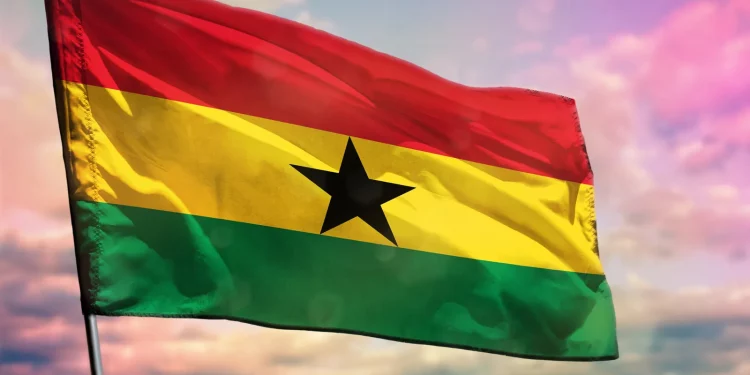Ghana classified as high debt distressed country by the World Bank
“Debt is expected to jump in Ghana to 104.6% of GDP, from 76.6% a year earlier amid a widened government deficit, massive weakening of the cedi, and rising debt service costs. The country’s debt is expected to remain elevated at 99.7% and 101.8% of GDP in 2023 and 2024, respectively.
Ghana, has been classified as a high debt distressed country by the World Bank.
The classification by the World Bank is premised on the projected rise in the country’s debt to 104.6% of GDP by end-2022.
According to its October 2022 Africa Pulse Report, debt is expected to jump significantly, from 76.6% a year earlier, amid a widened government deficit, massive weakening of the cedi, and rising debt service costs.
It is also forecasting debt to GDP of 99.7% and 101.8% of GDP in 2023 and 2024, respectively. The size of Ghana’s economy is estimated at about $72 billion, whilst it is expected to spend about 70% of revenue this year to service its debt.
The report is coming at a time the Bank and the International Monetary Fund (IMF) are conducting a Debt Sustainability Analysis on the country. A country which is highly debt distressed is unable to fulfil its financial obligations and therefore debt restructuring is required.
“Debt is expected to jump in Ghana to 104.6% of GDP, from 76.6% a year earlier amid a widened government deficit, massive weakening of the cedi, and rising debt service costs. The country’s debt is expected to remain elevated at 99.7% and 101.8% of GDP in 2023 and 2024, respectively.
“Tightening of financial conditions globally along with the fall of the domestic currency widened the sovereign spread by 233 basis points since December 2021”.
As a result, the country lost access to international markets”, the report mentioned.
The World Bank further stated that Ghana needs $1.5 billion in assistance from the IMF, which could help to shore up public finances and regain access to credit markets.
It added, “Nevertheless, despite the negotiation with the IMF, investors remain nervous about the country’s debt sustainability.”
These concerns, it said, were expressed by the country’s local and foreign currency ratings downgrade from B-/B to CCC+/C, adding, “as a result, despite the news, the cedi fell further with ripple effects on inflation”.
Rating agencies, Fitch and Moody’s recently downgraded Ghana’s credit rating into deeper junk status.
They cited the recent macroeconomic deterioration, further heightening of the government’s liquidity and debt sustainability difficulties as well as increasing risk of default as reasons.
Source: norvanreports.com


